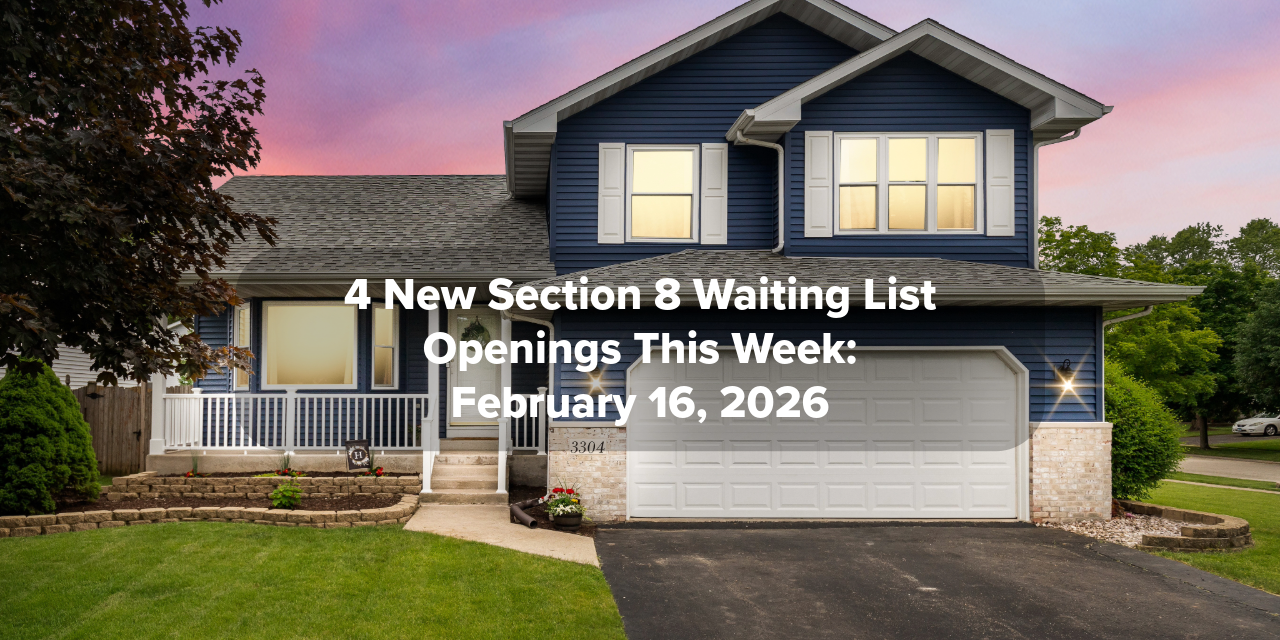Affordable Housing for Seniors: A Practical Road Map for 2025
/Living on a fixed income shouldn’t mean sacrificing comfort or safety. Yet when searching for affordable housing for seniors in 2025, many older adults find today’s rental market intimidating—rents inch upward, waitlists stretch for years, and eligibility jargon can feel like a foreign language. Use this guide to pinpoint the most wallet-friendly housing options, understand income ceilings, discover cities where your dollar goes the farthest, and learn how to shorten the path from “application” to “move-in.”
Stretching Every Dollar: Housing Paths That Cost the Least
| Strategy | Why It Saves Money | What to Know Before You Apply |
|---|---|---|
| HUD Section 202 (Supportive Housing for the Elderly) | Rent ≈ 30 % of adjusted income; utilities often included | Must be age 62+ and within local income limits |
| Public Housing & Housing Choice Vouchers (Section 8) | Pay only a fraction of market rent with a voucher | High demand—join several waitlists simultaneously |
| Home-Sharing & Co-Housing | Shared rent & utilities can cut costs 40–50 % | Create a written agreement for chores & privacy |
| 55+ Manufactured-Home Parks | Lot rents far below comparable apartments | Confirm park fees, taxes, and HOA rules |
| Non-Profit & Faith-Based Units | Grants keep rents below market | Ask your Area Agency on Aging for a vetted list |
Income Caps: How Much Is “Low-Income” in 2025?
HUD bases limits on Area Median Income (AMI)—and the number shifts from county to county. Typical 2025 thresholds for a single-person household look like this:
| Category | % of AMI | Ballpark Annual Income* |
|---|---|---|
| Extremely Low | ≤ 30 % | up to $21 k |
| Very Low | ≤ 50 % | up to $34 k |
| Low | ≤ 80 % | up to $52 k |
*Figures rounded for illustration—always verify current numbers with your local Public Housing Authority.
Cities Where a Modest Budget Goes Further
| City | Typical 1-BR Rent | Why It Works for Seniors |
|---|---|---|
| San Antonio, TX | ≈ $1,160 | Mild winters, strong senior-center network, no state income tax |
| Pittsburgh, PA | ≈ $1,210 | World-class hospitals and active neighborhood clubs |
| Tucson, AZ | ≈ $1,100 | Dry climate, abundant 55+ communities, low utility costs |
| Knoxville, TN | ≈ $1,040 | Low property taxes, riverfront parks, active-aging programs |
| Des Moines, IA | ≈ $1,050 | Safe, walkable neighborhoods and low utility rates |
Tip: Suburbs and rural towns bordering these metros often post even lower rents while staying close to health-care hubs.
How Long Will You Wait?
Fast-Track Hacks
Apply in multiple counties—rules usually allow one application per housing authority.
Check back weekly for updates on waitlists so you so you don’t miss brief application windows.
Keep documents digital (PDFs) for instant upload when a list opens unexpectedly.
Key Takeaways
- Start early, apply often. Senior housing isn’t “one and done”—multiple waitlists improve your odds.
- Know your numbers. Accurate income reporting can shave years off a waitlist or qualify you for deeper subsidies.
- Leverage local help. Area Agencies on Aging provide free counselors who can walk you through every form.
With the right strategy, affordable housing for seniors is within reach—even in a tight rental market. Let today be the day you draft that checklist, join a few waitlists, and move one step closer to a home that fits both your budget and your lifestyle.











